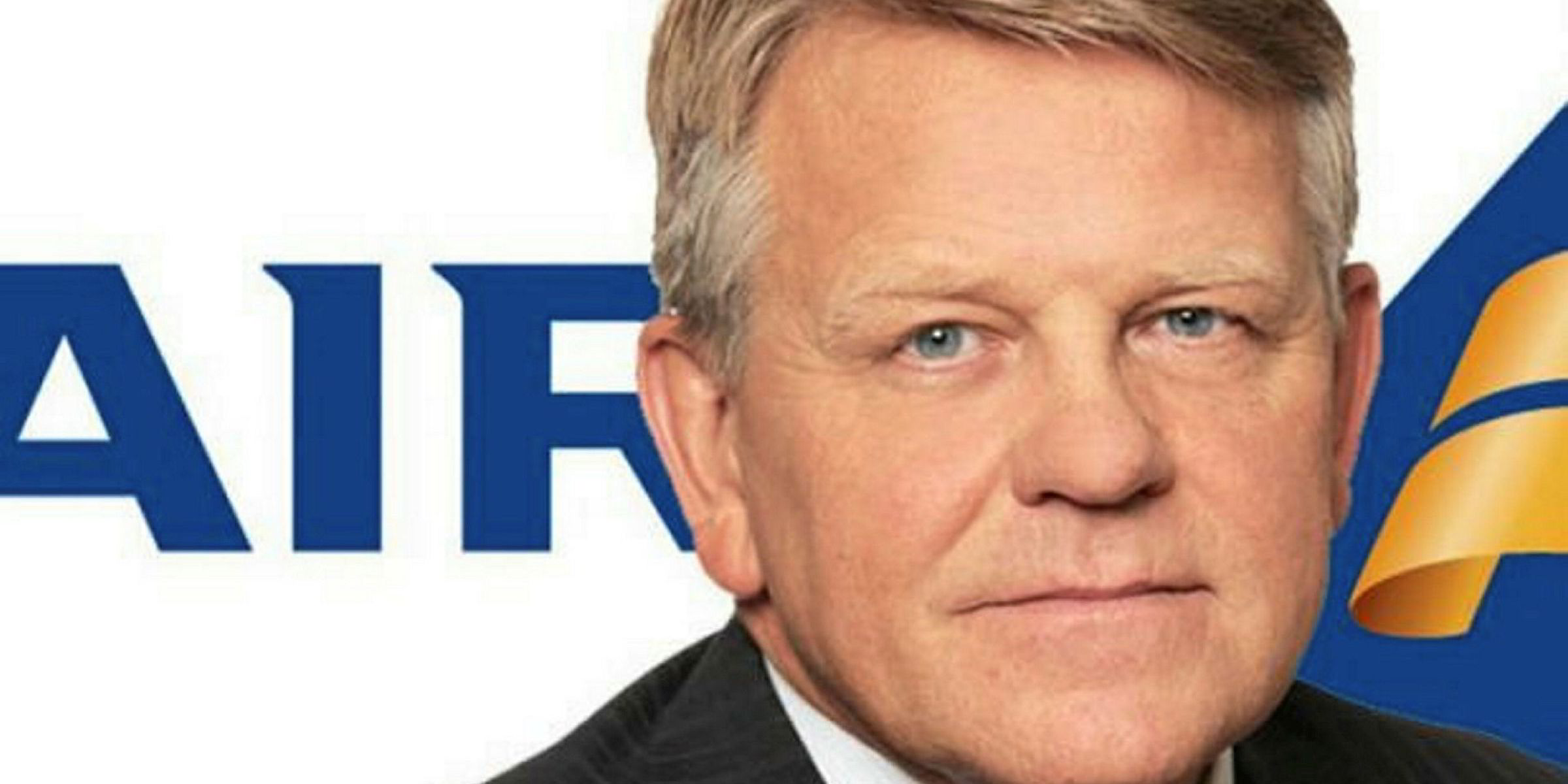In the midst of a cash-for-quota scandal, Icelandic fishing giant Samherji is criticizing journalist Helgi Saljan, saying comments he made on the radio show Channel 2 misrepresented the company and were "solely intended to cause Samherji harm."
On Wednesday morning, Seljan said on air that over 1,000 jobs had been lost in Walvis Bay in Namibia due to the fishing company.
"No further explanation followed this statement by Helga. It may not come as a surprise, because there is gross misconduct," the company said in the statement.
Seljan has since responded on social media, tagging acting Samherji CEO Bjorgolfur Johansson, and linking to an article by the Namibian Sun, which reported, "It is believed many players in the Namibian fishing industry, including Namsov which was once the leading employers in that sector, dubiously lost thousands of [metric tons] in quotas, leading to such companies scaling down on their operations and consequently retrenching workers."
In his status, Seljan stated that he had been "watching" the acting CEO in his first days on the job and that Johansson could "start reading."
Seljan also shared a tweet by social media platform Kalahari Reporters, which claimed that Namsov cut down operations in 2015 and 2016 due to lost quotas and removed 700 employees.
According to Samherji, although quota allocation rules for pelagic species in Namibia were changed in 2011, no change was made in terms of the number of pelagic fish catches between 2011 and 2012.
"It can, therefore, be said that the number of pelagic fisheries and processing fish in the Namibian fisheries sector has remained unchanged, although the work has shifted between companies and vessels after changes in the allocation of resources," Samherji said.
The company's statement also alluded to its distaste of the reporting done by state broadcasting. "The comments may best show how freely the State Broadcasting reporters are handling the facts."
On Thursday, Samherji released a follow-up statement responding to Seljan's Facebook post, calling it "notorious plea bargaining."


